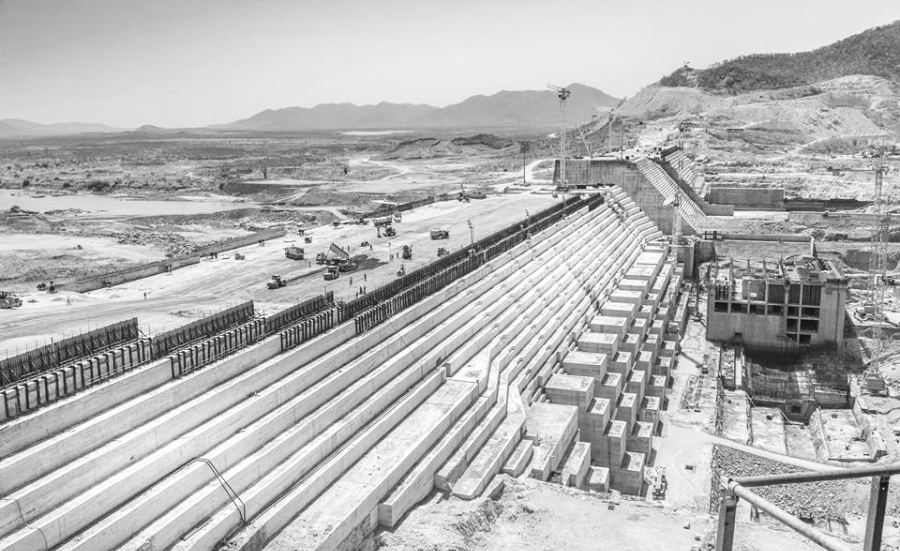
view from age-old songs and historical accounts
The first song I heard about the Blue Nile or Abbay as a student about five or so decades ago. It was from a woman’s voice. The place was the dining hall of the Addis Ababa University College. The aim was to give a rare and enviable show to the students. It left an indelible impression upon my mind. Otherwise, I would have not been able to write about it today.
Another programme that I do not forget that took place in the same hall was a film show. It depicted King Richard III. I do not recall whether it was in this film or in another that the actor says, “Water. Water. Everywhere water, but not a drop to drink. Or a horse, a horse, my kingdom for a horse.” The two lines almost seemed similar.
Years later, I read a book by Alan Moorehead. It focused on the Blue Nile. Half of the book was devoted to Emperor Teodros. It is possible that the author had written about the White Nile also. I did not read that book. I wish I had because I would have said something about it today. Again, many years later in an English newspaper I read that the author, an Australian, suffered a stroke and probably died as a result of it.
Nevertheless, Moorehead is not the first foreign writer to write about the Blue Nile. His predecessors include James Bruce who is said to have written six volumes about which I cannot give evidence because I had never read or touched them:
Still going two or three centuries earlier, Porttugese explorers attempted to exert influence in Ethiopia under a religious pretext but their attempt failed. This shows that there had been a perpetual strategic, politica and diplomatic interest by foreign powers in the Blue Nile for centuries on end both direct and indirect.
It can be assumed that it gave rise to the internecine conflicts among the regions of Ethiopia and to rivalries among king of kings, kings and Rases.
Ras(s)elas, the Prince of Abyssinia, is a historical fiction written by the famous lexicographer, Samuel Johnson. Its translation by Blatta Sirak, makes the Prince an exceptionally highly cultivated philosophical character whose sole goal was to escape from the mountain fortress where he was kept for no other reason but being born a prince.
I guess his plan was to flee to Egypt by using some sort of contrivance that can either fly or sail on the Nile with the help of his technical advisor named Imlak.
Some people will argue that I have missed the whole point of the story. They may say that the book has no relevance to the Blue Nile at all. They are entitled to their opinion. But the question remains as to why the Blue Nile is so closely associated with Ethiopia some three hundred years ago as to arouse such great excitement and interest.
There has also been a parallel interest in the country as well as expressed in such phrases as “scooping Abbai with a ladle” which in ordinary language means, -grammatical considerations aside –“a drop in the ocean!.” And then there is another saying which amounts to expressing the view that it would be odd for the offsprings of the Blue Nile to suffer from thirst as long as Abbai exists. Of course, the wording is not exactly the same, but the message amounts to the same thing. Finally, Abbai, Abbai, Yehager Sisay, puts everything in a nutshell, for it means that the river represents the country’s wealth, which is often said by the Ethiopian people in clear and plain terms.
All said and done, it was a mistake on the part of the first signatory countrie to desist from taking into account the interest of Ethiopia. It is striking to see this fact within the context of the colonial expansion in Africa following the Berlin Conference of 1884. Ethiopia was partitioned under spheres of influence which ultimately proved a fiasco to the signatories and preserved the sovereignty and independence of the country. All the current interested parties must continue to negotiate with a sense of fairness and understanding for lasting peace and security in the region.
The Ethiopian Herald March 29/2020
BY BERHANU TIBEBU ZEWOLDE





